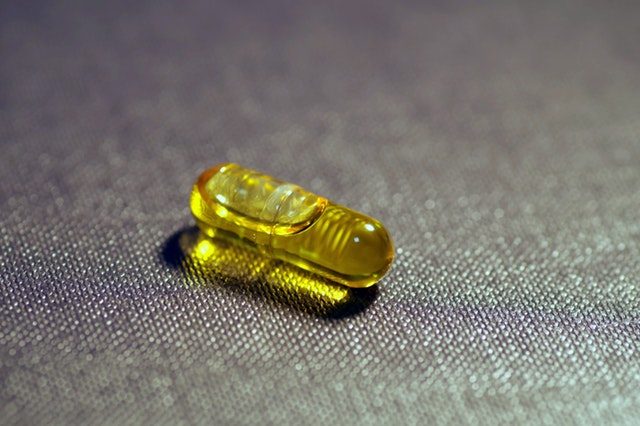Vitamin D is famously recognised as the sunshine vitamin. But between the months of October and May, the sun, or should I say lack of, just isn’t enough for our bodies to make vitamin D – so it’s safe to say that at the beginning of March, we’re seriously lacking the vitamin.
Thankfully, sunshine isn’t the only place we can get our fix of the immune boosting vitamin; some of the best sources are hiding in your fridge.
Fatty Fish
Fish is a popular source of vitamin D – common types include trout, salmon, eel, mackerel, and tuna. A 3-ounce salmon fillet delivers around 450 international units (UIs) of vitamin D which is more than two thirds of the daily recommended intake of 600 IUs. Not to mention it’s full of omega-3 fatty acids – great for heart health.
Mushrooms
When exposed to ultraviolet, mushrooms have the unique power to produce vitamin D. However, many mushrooms are grown in the dark meaning they don’t actually contain the vitamin – so when buying them, look for specific brands that were produced in UV light to trigger the production of vitamin D.
Supplements
If you’re struggling to catch some rays, or you’re not a fan of your fish and mushrooms – then supplements can assist you in getting your daily dose. The great thing about supplements is that you don’t need to expose your skin to damaging UV rays or eat foods you don’t like – but remember, too much vitamin D can be toxic, so consult your GP for dosage information.
Egg Yolks
Due to being popular in breakfast, lunch, dinner, and some dessert recipes – eggs are a convenient way to get more vitamin D. Just one yolk delivers 40 IUs, but egg is high in cholesterol – so make sure you’re getting some of your vitamin D from elsewhere too.
Cod liver oil
Cod liver oil often comes in capsule form or is flavoured with mint or citrus, so don’t let the thought of the taste put you off! In just one teaspoon, there is around 600 IUs of vitamin D meaning this is all you need to take to get your daily recommended amount.
UV Lamps and Bulbs
People who suffer from a deficiency may me advised to use UV-emitting lamps/bulbs – particularly during the winter months. However, these UV lamps and bulbs can inflict the same skin-cancer causing damage as sun rays and sunbeds – so only use them with your GP’s recommendation and always use protective eyewear.
Looking for more health related information? Check out these Daily Heath Tips to Change Your Life!





